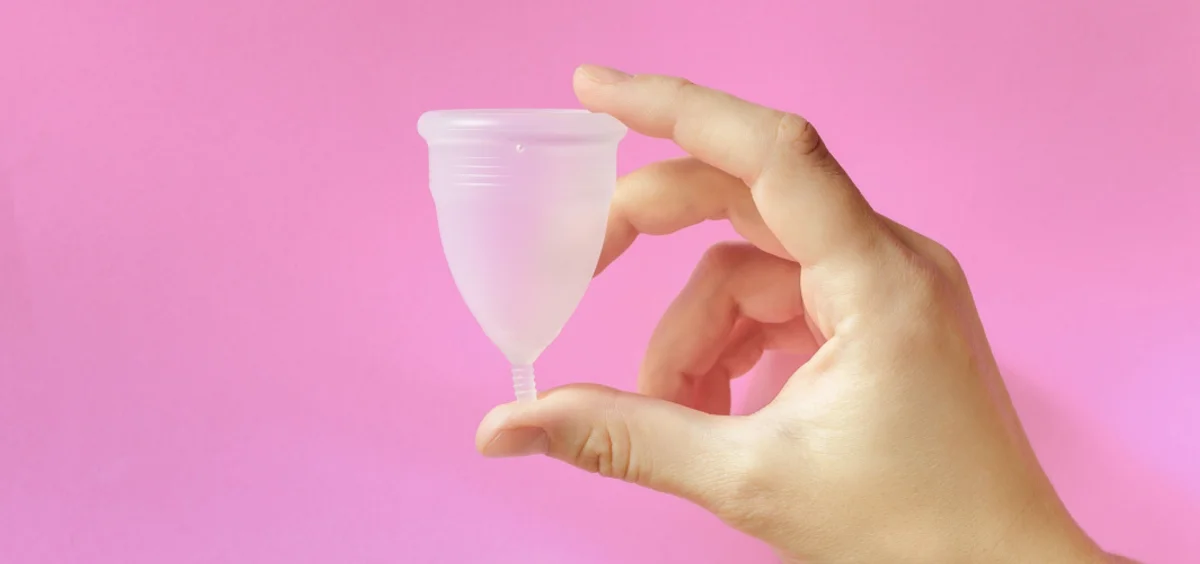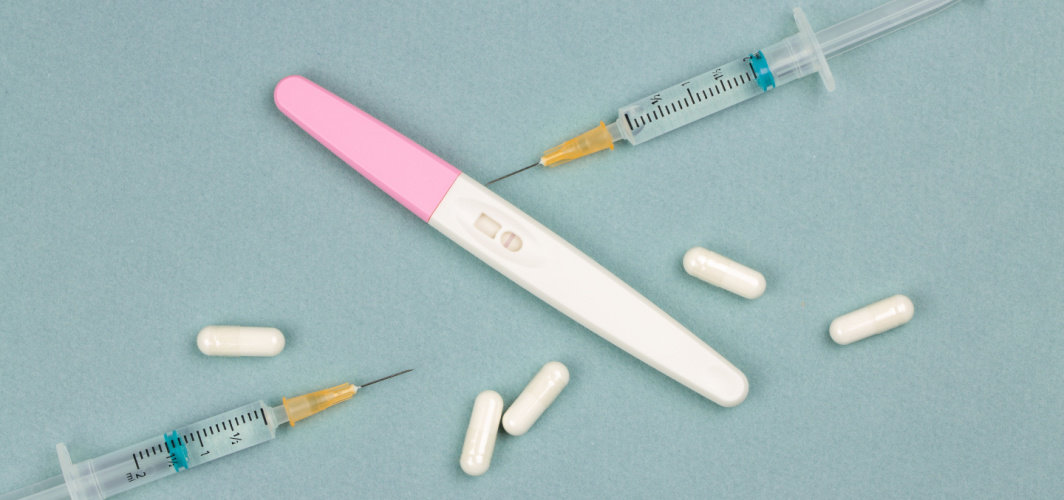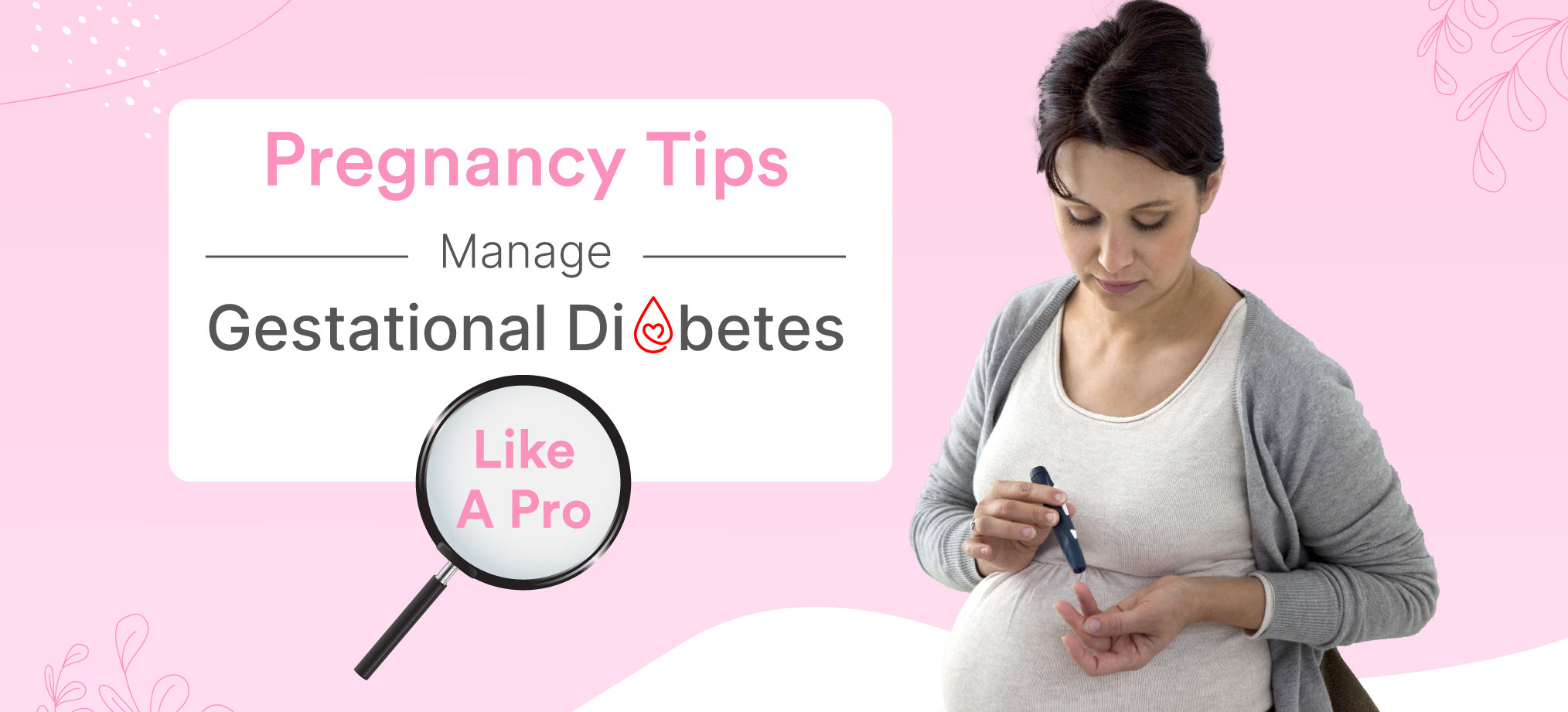- Home
- Blog
- Women Care
How To Use A Menstrual Cup?
Women Care
How To Use A Menstrual Cup?
By Apollo Pharmacy, Published on- 18 July 2023
Share this article
0
0 like

Menstrual cups are preferred by numerous women owing to the convenience that the product offers. This reusable hygiene product for menstruators is not only very safe to use but is also sustainable, economical, and environment-friendly.
The process of using it can be a little daunting, especially for beginners. However, with time, you will get used to it. Keep reading the following sections to learn how to use a menstrual cup and remove and clean it!
What is a Menstrual Cup?
A menstrual cup is a flexible funnel-shaped female hygiene product that is made up of medical-grade silicone or latex rubber. It has to be inserted into the vagina for it to collect the menstrual blood. There are both reusable and disposable menstrual cups in the market.
Menstrual cups can be used for a period of 6 to 12 hours, depending on the flow. While tampons and sanitary napkins absorb the flow, menstrual cups hold it. Once the menstruation cycle is over, you have to sterilise it with boiling water.
How to Use Menstrual Cups for Beginners?
The first and foremost thing that you have to focus on before using a menstrual cup is to find the right size. Then proceed to follow the way mentioned below.
1. Cleaning the Menstrual Cup
It is very important to clean and disinfect the menstrual cups before you use them.
You must thoroughly clean them when your period starts and even after the end of every menstrual cycle.
- This can be done easily at home; you have first to rinse it properly and then boil it for a few minutes.
- Then, leave it aside for it to cool down and dry.
- During periods, daily disinfection of the menstrual cup is not needed. Following a simple cleaning method will do.
- Ensure to clean the tiny holes which are just below the menstrual cup’s rim.
- These tiny holes create suction for the blood to stay in the cup and not leak past.
- Besides cleaning the menstrual cup, you have to ensure that your hands are clean.
2. Fold
It can be difficult to use menstrual cups for beginners as they might not be aware of different fold types. It is very important to know which fold type works for them the best. This becomes easy with practice.
First, fold the menstrual cup, making it easy to insert. Then, hold the menstrual cup with its stem facing down. Folding the cup can seem a little complicated in the beginning. However, by trying different fold types, the process will seem much easier.
There are different ways you can fold your menstrual cup, depending on your convenience. Here are some of the ways:
- C-Fold: It is the easiest way to fold the menstrual cup. Squeeze the opening of the cup in half so that the rim resembles a C or U.
- 7-fold: First, fold the sides of the menstrual cup so that it looks like a long oval. Now fold one side of the cup diagonally. You will see that it looks like a 7.
- Punch-down fold: For this type, push the top rim of the menstrual cup towards the centre of the base. It will give a triangular shape. It is also referred to as the tulip fold.
3. Insert the menstrual cup
You can insert the cup in any of the positions you are comfortable in. You can insert it while standing, sitting, or squatting. Hold the menstrual cup with one hand and try to locate the vaginal opening gently. Now gradually insert the cup into the vagina, and try to keep holding it in the folded position.
4. Open it
Once the rim of the menstrual cup is inserted, you have to gently keep pushing it in till the stem of the cup is inside. You should ensure that the base of the cup is not protruding out. Further, you have to ensure that the menstrual cup is not inserted so deep that the stem is not easy to find.
5. Adjust it
The menstrual cup must seal against the vaginal wall. To ensure that, you need to hold the base of the menstrual cup and turn it in 360 degrees. You will not feel the menstrual cup inside yourself if you have inserted it properly. Finally, check whether the rim of the menstrual cap has opened completely.
When to Take Out the Menstrual Cup?
Menstrual cups can be used for around 6 to 12 hours. It completely depends on whether you are having a heavy flow or not. The cups can also be used for overnight protection.
However, no matter how heavy your flow is, you must take out the menstrual cup after 12 hours. In case you feel the cup has become full, you have to remove it carefully.
How to Take Out a Menstrual Cup?
Follow these steps for easy removal of a menstrual cup:
- Before taking out the menstrual cup, it is very important that you wash your hands.
- For ease of removal, you can sit on a toilet and gently take it out.
- You have to press the sides of the cup to release the seal and then slowly pull it out.
- You have to ensure that you are keeping it upright while pulling it out.
- After it is pulled out, empty the cup into the toilet or sink.
- Clean thoroughly before inserting the cup back.
Which Menstrual Cup to Buy?
Another dilemma that stops many women from using menstrual cups is that they may not find the right size. Using a wrong-sized menstrual cup can also lead to leakages and staining of clothes. This is the reason you should take some time in picking the right size of the menstrual cup, and to do so, you have to consider the following factors:
- Age
- Type of flow you experience
- Cup capacity
- Cervix length
- Flexibility and firmness of the cup
- Pelvic floor muscle strength
Usually, sexually inactive women or those below 30 years are recommended smaller menstrual cups. On the other hand, women who are above 30, experience a heavy flow or have undergone normal child delivery are recommended larger menstrual cups.
Advantages of Using a Menstrual Cup
Menstrual cups come with the following advantages:
- Menstrual cups are safer. You do not face the risk of contracting any bacterial infection or toxic shock syndrome.
- Reusable menstrual cups can be used for a long period, which means they are eco-friendly.
- The soft and disposable menstrual cups, which look like a diaphragm, are not required to remove even while having sexual intercourse.
- Menstrual cups have higher blood retention capacity than tampons.
- These cups are extremely budget-friendly.
Disadvantages of Using a Menstrual Cup
Here are some of the disadvantages of using a menstrual cup:
- You may find it difficult to find a menstrual cup that fits you.
- Removal of the menstrual cups can get messy, especially in the initial days of using them.
- The materials that are used to make the menstrual cup can cause allergic reactions.
- You may face vaginal irritation while inserting and removing them.
Takeaway
The entire process involved with the use of menstrual cups can seem scary. However, going through the above-mentioned tips will give you a complete insight into how to use menstrual cups. Also, you must go through the instructions on the packaging before trying a new brand.
FAQs
Q. Can I use a menstrual cup while having an intrauterine device?
Yes, you can use a menstrual cup even if you have an intrauterine device. It is just like using a tampon or a sanitary napkin.
Q. How much does a menstrual cup cost?
The cost of the menstrual cup varies from one brand to another. However, the price starts from Rs. 250 and goes onwards.
Q. Can menstrual cups be used even if one has a retroverted uterus?
Yes, you can definitely use menstrual cups even if you have a tilted or retroverted uterus. You just have to research and choose the right menstrual cup.
Q. What are the tips that can be followed during a first-time menstrual cup insertion?
You must relax and take time to get used to the insertion process. It is very important to understand your body type, try out different folds, be aware of the insertion direction, and lastly, be patient.
Q. How to clean the menstrual cup?
You can clean the menstrual cup with your hands using warm water and soap. Do not use any harsh chemical products to clean it.
Medically reviewed by Dr Sonia Bhatt.
Services
Women Care
Leave Comment
Services
Recommended for you

Women Care
Laparoscopy For Infertility: Procedure, Uses And Recovery
Discover laparoscopy for infertility: Learn about the procedure, uses, recovery, and potential for achieving pregnancy. Get informed today!

Women Care
Third Trimester Diet: Here’s What To Eat And What To Avoid
It's essential to meet your daily nutritional needs during the third trimester of your pregnancy to ensure the proper growth and development of your child. Here is a list of foods that you should eat and avoid during this crucial period of your pregnancy.

Women Care
Diet And Exercise Tips To Deal With Gestational Diabetes
Gestational diabetes indicates high blood sugar levels in pregnant women. Various tips and tricks are available to help you navigate through this condition but consulting a doctor is a must.
Subscribe
Sign up for our free Health Library Daily Newsletter
Get doctor-approved health tips, news, and more.

